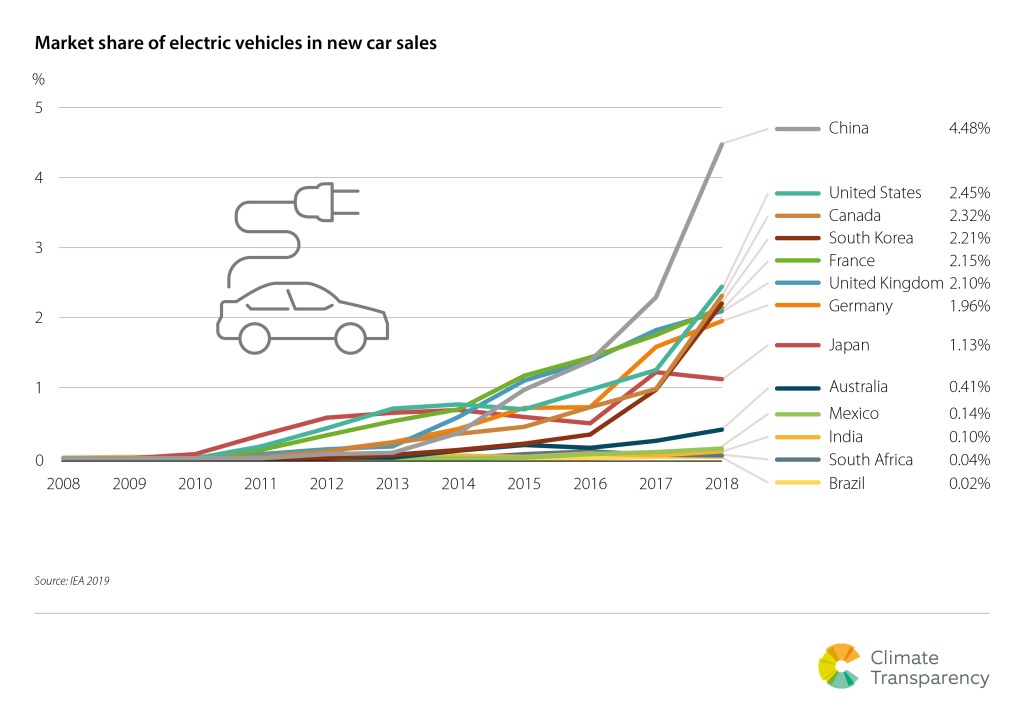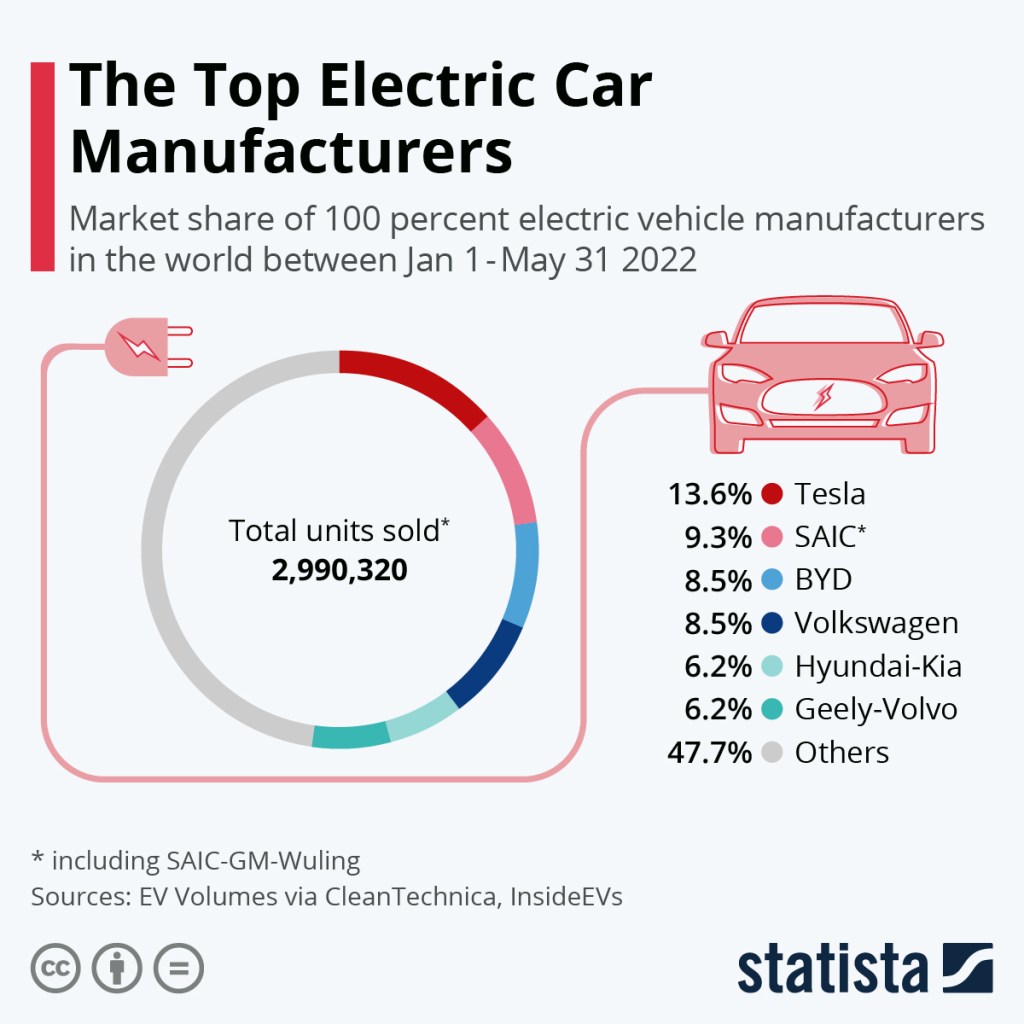Revolutionizing The Future: Exploring The Thriving Electric Vehicle Technology Market
The Electrifying Revolution: Exploring the Electric Vehicle Technology Market
Welcome to the electrifying world of the electric vehicle technology market, where innovation and sustainability converge to shape the future of transportation. In recent years, there has been a surge of interest and investment in electric vehicles (EVs), as more and more people are recognizing the environmental and economic benefits they offer. As an avid explorer of this market, I have had the pleasure of experiencing the wonders of electric vehicle technology firsthand. Join me as we dive into the what, who, when, where, why, and how of this transformative industry.
What is the Electric Vehicle Technology Market?
The electric vehicle technology market revolves around the development, production, and sale of electric vehicles that are powered by electric motors and rechargeable batteries. These vehicles offer an alternative to traditional gasoline-powered cars, reducing greenhouse gas emissions and dependence on fossil fuels. As a result, they are seen as a key solution to combat climate change and achieve a more sustainable future.
3 Picture Gallery: Revolutionizing The Future: Exploring The Thriving Electric Vehicle Technology Market



Who are the Key Players in the Market?
Leading the charge in the electric vehicle technology market are automotive giants such as Tesla, Nissan, and BMW, who have invested heavily in research and development to bring cutting-edge EV models to the market. Additionally, tech companies like Google and Apple have ventured into this space, signaling the growing interest in electric vehicles beyond the traditional automotive industry.
When and Where Did the Electric Vehicle Revolution Begin?

Image Source: ev-volumes.com
The roots of the electric vehicle technology market can be traced back to the early 19th century when inventors like Thomas Davenport and Robert Anderson built early electric car prototypes. However, it wasn’t until the 21st century that electric vehicles gained mainstream attention and popularity. Today, major markets for EVs include North America, Europe, and Asia, with countries like Norway and China leading the way in adoption.
Why Should You Consider Electric Vehicles?
There are numerous reasons why electric vehicles are becoming increasingly appealing to consumers. Firstly, they are environmentally-friendly, emitting zero tailpipe emissions and reducing air pollution. Secondly, they offer lower operating costs compared to gasoline-powered vehicles, as electricity is generally more affordable than gasoline. Lastly, with advancements in technology, EVs now boast impressive acceleration, range, and charging infrastructure.
How Does Electric Vehicle Technology Work?
At the heart of electric vehicle technology is the electric motor, which converts electrical energy into mechanical energy to propel the vehicle. The motor is powered by a rechargeable battery pack, which can be charged by plugging the vehicle into a charging station or utilizing regenerative braking technology. The battery’s energy is stored in cells, typically lithium-ion, which provide sufficient power to drive the vehicle for a certain range.
Unveiling the FAQs: Debunking Myths and Addressing Concerns

Image Source: climate-transparency.org
As the electric vehicle technology market continues to gain traction, it’s important to address some common questions and concerns:
What is the Range of Electric Vehicles?
The range of electric vehicles varies depending on the model and battery capacity. While early EVs had limited ranges, modern electric vehicles can travel over 200 miles on a single charge. Additionally, advancements in charging infrastructure are making long-distance travel more feasible.
How Long Does it Take to Charge an Electric Vehicle?
Charging times depend on the charging method and the vehicle’s battery capacity. Level 1 charging, using a standard household outlet, can take several hours to fully charge a vehicle. Level 2 charging, utilizing a dedicated charging station, can significantly reduce charging times, typically taking 4-8 hours. Rapid charging, available at select stations, can provide an 80% charge in as little as 30 minutes.
Are Electric Vehicles Expensive to Maintain?

Image Source: statista.com
Electric vehicles generally require less maintenance compared to their gasoline counterparts. With fewer moving parts and no need for oil changes, EV owners can expect lower maintenance costs over the vehicle’s lifetime. However, battery replacement is a potential expense, although advancements in battery technology are extending their lifespan.
Are Electric Vehicles Suitable for Long-Distance Travel?
While long-distance travel in an electric vehicle may require careful planning, the growing network of charging stations is making it increasingly feasible. Additionally, the rapid expansion of fast-charging capabilities allows for quicker charging during pit stops, ensuring a smoother travel experience.
What is the Price of Electric Vehicles?
The price of electric vehicles varies depending on the model and features. While electric vehicles may have a higher upfront cost compared to gasoline-powered cars, factors such as tax incentives, lower operating costs, and potential savings on fuel make them an attractive long-term investment.
The Pros and Cons: Weighing the Benefits and Drawbacks
The Benefits of Electric Vehicles
– Environmental friendliness and reduced carbon emissions
– Lower operating costs and potential fuel savings
– Enhanced driving experience with instant torque and quieter operation
– Government incentives and tax credits promoting electric vehicle adoption
– Technological advancements leading to improved range and charging infrastructure
The Drawbacks of Electric Vehicles
– Limited charging infrastructure, particularly in rural areas
– Longer charging times compared to refueling a gasoline vehicle
– Upfront cost and potential battery replacement expenses
– Range anxiety, the fear of running out of battery during long trips
– Production and disposal of batteries contributing to environmental impact
A Charge Towards the Future: Conclusion and Recommendations
The electric vehicle technology market is on an electrifying trajectory, with continued advancements and investments driving the industry forward. As an electric vehicle enthusiast, I cannot help but be amazed by the progress made in recent years. The benefits of electric vehicles, both for the environment and consumers, are undeniable. However, challenges remain, particularly in terms of infrastructure and cost. Nevertheless, I firmly believe that electric vehicles have the potential to revolutionize the way we travel and contribute to a greener, more sustainable future.
Based on my experience exploring the electric vehicle technology market, I highly recommend considering an electric vehicle for your next car purchase. With each passing year, electric vehicles are becoming more affordable, with improved range and charging capabilities. Embrace this electrifying revolution and become a part of the solution for a cleaner, healthier planet.
This post topic: Electric Car Technology
